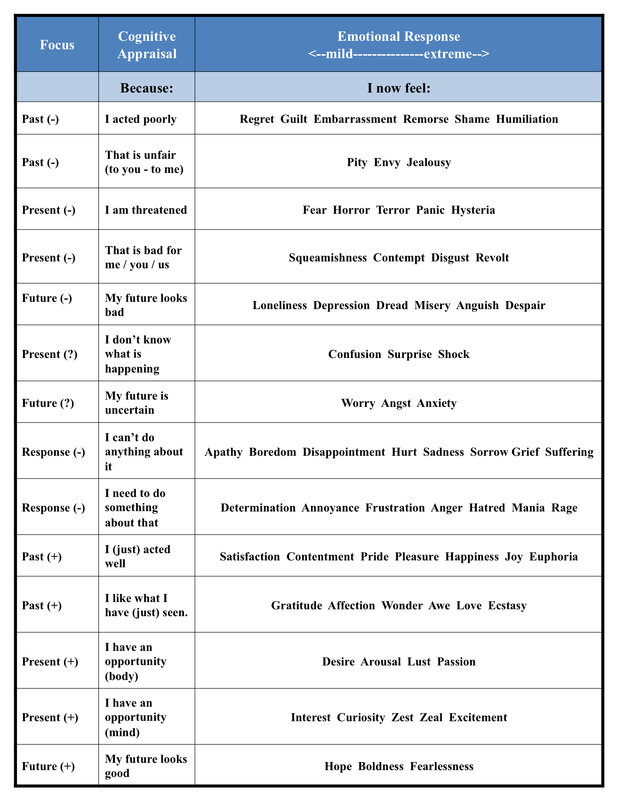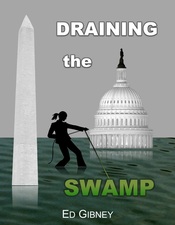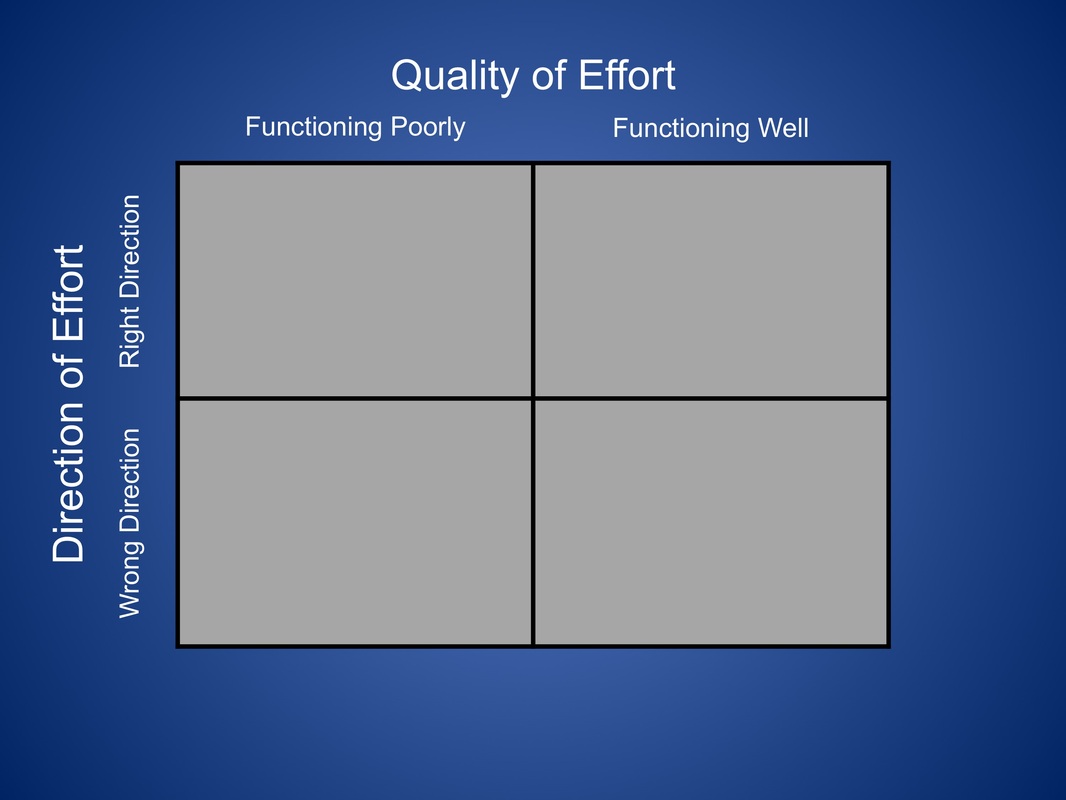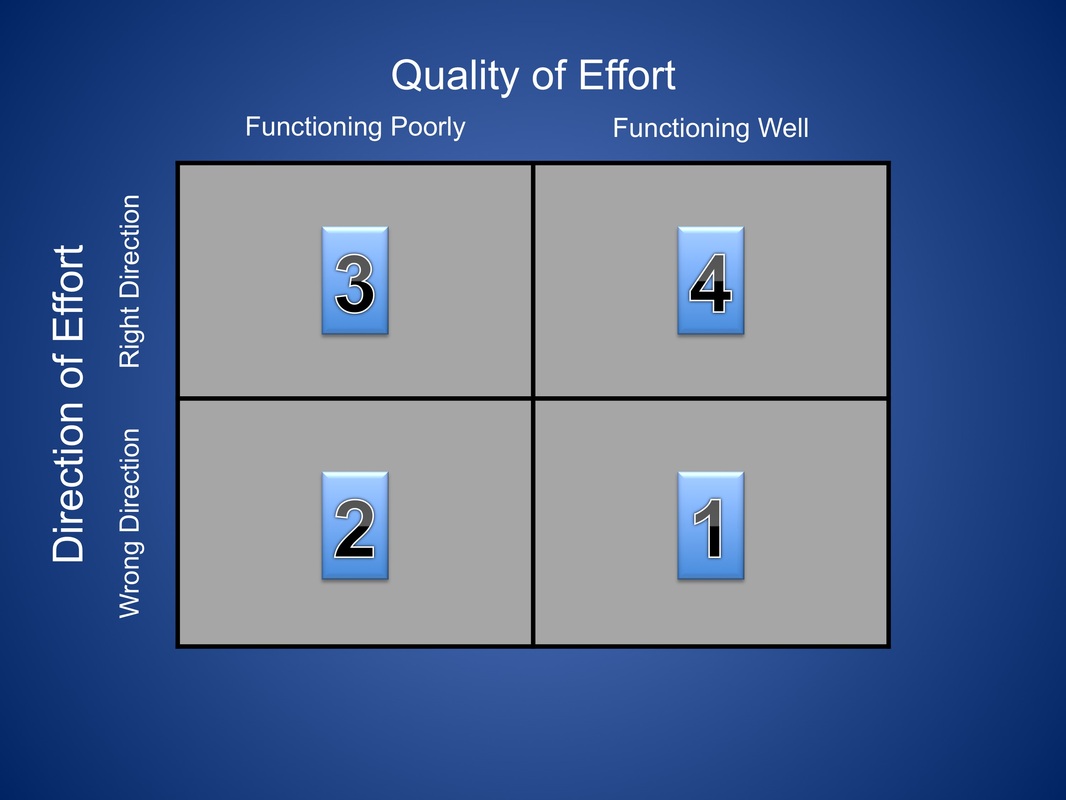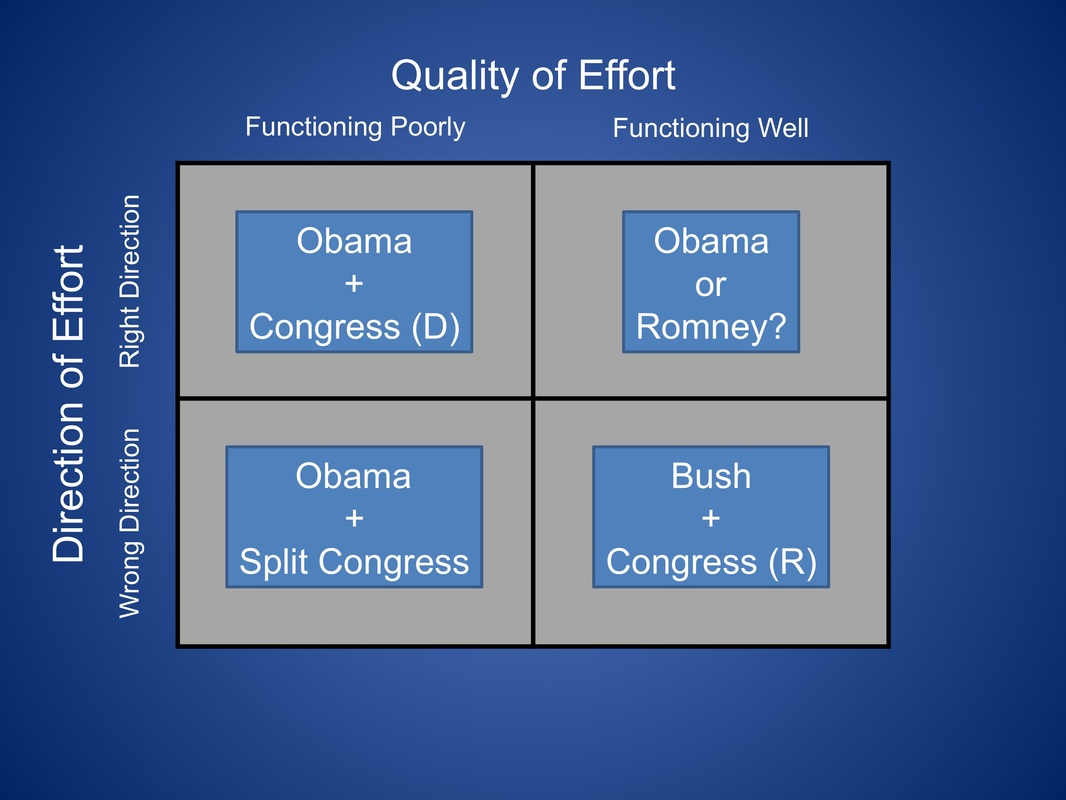1. My Email List - I'm now using mail chimp to professionally handle how you can get email updates from me. You can subscribe from any page on the website. Just find the little white box where you can enter your email address and hit Subscribe. It shouldn't be too hard to find. Then you can also manage your subscriptions. Get occasional emails just when I have something new to sell, or get an update every time something is added to the blog (usually just once a week for now). That leads me to...
2. Blog Updates - I do tweet these, post them to the Evolutionary Philosophy Facebook Page, and of course you can use RSS feeds to get these updates, but if you'd rather get an email whenever I post something new...well now you can! If you already like my facebook page (or are just a really close friend or family member), then this post will be your first email update. Please change that subscription if you prefer.
That's all for now. Thanks for the continued support of this project. I only started tracking my page views over the last three weeks, but during that time I've got hits from 24 countries around the world. That's much more than I expected and it really inspires me to keep at this. I'll be back with more of my thoughts on evolutionary philosophy soon. Thanks!
